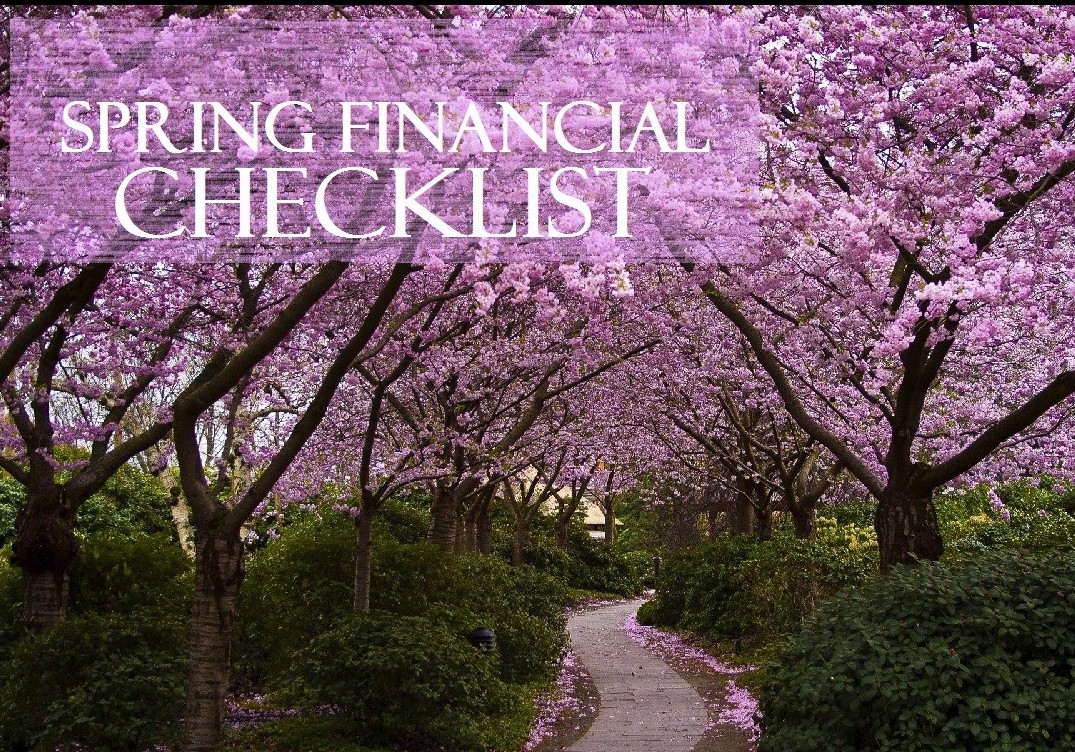
June is my birthday month, and I try to celebrate it all month long. Birthdays always make me reflect on the past year, but they also encourage me to think about the year ahead. Like many people, I try to set goals for myself professionally, make resolutions for personal growth, and pin locations on the map that I want to travel to. During the month, I also try to look at my financial status. Because my birthday falls mid-year, it is the optimal time to access my progress thus far. I feel that when you get past your 20’s, each year brings you closer to those milestones in life, like buying that dream home, making career strides and ultimately – retirement. Your 30’s are a time when you can make some serious financial progress to set yourself up for a prosperous future. Here are my financial steps to take in your 30’s.
Time to start saving
When you hit 30, society instantly puts pressure on you to “get serious.” Being in your 30’s doesn’t mean it’s all work and no play, but it does mean that you should be taking your finances more seriously. When unforeseen circumstances arise, like unemployment, health issues or home repairs, you need to be prepared. Having a savings account can provide an extra cushion to make it through the difficult times. High yield savings account from American Express, my personal choice, will keep your money making money for you while still available when needed. Set up an auto transfer each month so help ensure your savings success.
Budget then Spend
Spending money without setting a budget first is a huge mistake to make in your 30’s. By now, your fixed cost, like rent, insurance, car, etc. aren’t fluctuating from month to month. But other variable expense like medical, travel, shopping, and gifts (weddings, baby showers, and the list goes on and on!) can get out of hand. Successful budgeting is the key to your financial 30’s and having the right tools can make it much easier. If you are not using software to manage your money, then it’s time to download Mint. The site allows you to categorize your spending by pulling in all of your registered accounts. Use the app to monitor your purchases and make sure you are on track to your goals. Seeing where your money is spent can help you analyze your expenditures to cut unnecessary costs.
Amp up your retirement contributions
When I was in my 20’s the last thing I worried about was retirement planning. There were so many other expenses I thought were more important – like clothes, traveling, and brunch, not saying these aren’t “necessities,” but they should come secondary. Look to increase your monthly contributions so you can capitalize on market fluctuations and consider adding a Roth IRA to your retirement portfolio. Take advantage of your company’s contribution matching program, its free money. If you do not have a retirement plan set up, ask a financially savvy friend for recommendations on who to speak to, or talk a trusted financial advisor.
Pay down your High-interest Credit card debt
I have said time and time again; credit card debt is no joke. You have spent your 20’s racking it up, but it’s not something you want to carry with you into your 30’s. We all make plans to pay off our debt, but unless we stick to them they won’t work! List your debts, decide how you are going to tackle them, utilize balance transfer offers and stop spending with your credit cards. My Get Out of Debt post goes into detail on these topics and more.
Get Some Real Insurance
By now you have probably acquired some valuables that would be costly to replace if anything happened to them. If you are renting your home, it is crucial to understand that if a fire and natural disaster occur, the landlord is insured only for the structure or building, not your items inside of it. Get some renters insurance today! It can cost as little as $15/month to ensure your belongings. The policy will protect against theft and can even cover you if something is stolen from you while traveling. Check out my insurer, Liberty Mutual for a renters or homeowners insurance quote.
Start Investing
I was very fortunate to have the opportunity to start investing in stocks as a teenager, so I feel like I got a head start. If you haven’t already begun then now is the perfect time to start investing. Your high yield savings account is great for emergencies, but with an APR of less than 1% it will not make you any serious money. By investing at a younger age, you can take more risks for higher returns as opposed to when you are closer to retirement. Opening a brokerage account doesn’t require a significant amount of money, and you can contribute monthly, annually or whenever you wish. For more information check my How to Start Investing: 101.
Not 30 yet? Check out My biggest financial mistakes from my 20’s, to keep you on the straight and narrow path to financial success.
Stay Fabulous,







2 comments
I’m 17, working, schooling and preparing to study abroad, I’m quite lucky to have come across this post and you mistakes post when you were in your 20s and I can already see some of the things I’m doing wrong! And luckily now I can change that so thank you!
Theresa
http://www.albatrozandco.com
@Theresa – I am so happy that my post was helpful. I try to use my own experiences (good or bad) to be a guide for my readers. Good luck to you in the future!